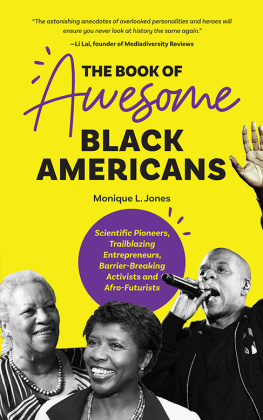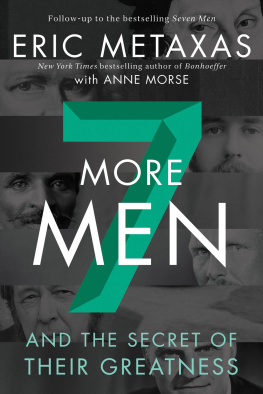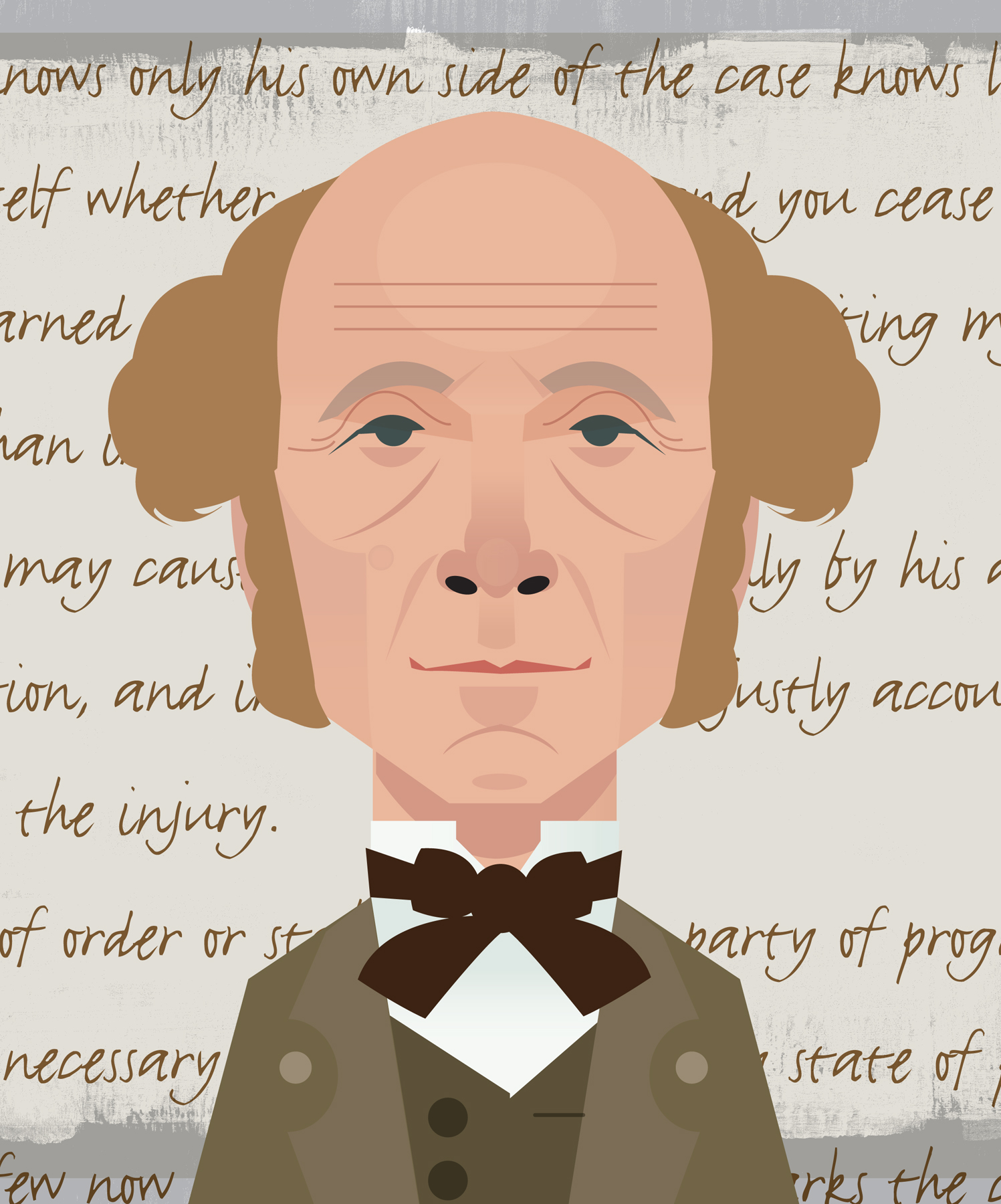About This Book
The illustrations for this book were rendered digitally. This book was edited by Farrin Jacobs and Anna Prendella and designed by Karina Granda. The production was supervised by Virginia Lawther, and the production editor was Andy Ball. The text was set in Avenir, and the display type is Goldana.
Text copyright 2019 by Hachette Book Group, Inc.
Illustrations copyright 2019 by Shamel Washington
Cover illustration copyright 2019 by Shamel Washington
Cover design by Karina Granda
Cover copyright 2019 by Hachette Book Group, Inc.
Hachette Book Group supports the right to free expression and the value of copyright. The purpose of copyright is to encourage writers and artists to produce the creative works that enrich our culture.
The scanning, uploading, and distribution of this book without permission is a theft of the authors intellectual property. If you would like permission to use material from the book (other than for review purposes), please contact permissions@hbgusa.com. Thank you for your support of the authors rights.
Little, Brown and Company
Hachette Book Group
1290 Avenue of the Americas, New York, NY 10104
Visit us at LBYR.com
First Edition: June 2019
Little, Brown and Company is a division of Hachette Book Group, Inc.
The Little, Brown name and logo are trademarks of Hachette Book Group, Inc.
The publisher is not responsible for websites (or their content) that are not owned by the publisher.
Library of Congress Cataloging-in-Publication Data
Names: Peters, Stephanie True, 1965author. | Washington, Shamel, illustrator.
Title: Groundbreaking guys : 40 men who became great by doing good / by Stephanie True Peters ; illustrated by Shamel Washington.
Other titles: Groundbreaking guys : forty men who became great by doing good
Description: First edition. | New York : Little, Brown and Company, 2019. | Audience: Ages 8-12.
Identifiers: LCCN 2018053959| ISBN 9780316529419 (hardcover) | ISBN 9780316529372 (ebook) | ISBN 9780316529389 (library edition ebook)
Subjects: LCSH: MenBiography. | ArtistsBiography. | CelebritiesBiography. | HeroesBiography.
Classification: LCC CT105 . P43 2019 | DDC 920.71dc23
LC record available at https://lccn.loc.gov/2018053959
ISBNs: 978-0-316-52941-9 (hardcover), 978-0-316-52937-2 (ebook)
E3-20190511-JV-NF-ORI
W hat does it mean to be groundbreaking?
Our world has seen many incredible innovators, pioneers of all genders who made a difference with their inventions, thoughts, and actions. History books are full of men who have made their mark: rulers who shifted the course of a nation, explorers who traveled to new lands, and inventors, businessmen, philosophers, and soldiers who are remembered for their greatness. But these great men were not always good men.
The men youll meet in this book come from different countries, have varying worldviews, and have excelled in a range of fields. They include scientists, like Jonas Salk, and playwrights, like Lin-Manuel Miranda. They come from countries including Japan, Bangladesh, and Mexico. While they might not always seem to have a lot in common, they share important qualities: These men served their communities. They treated people with respect. They lifted up others. They chose to listen and to care, even when doing so meant giving up control or feeling nervous or standing out. And these men went on to be groundbreaking, inspiring others and, indeed, doing great thingsnot in spite of their goodness but because of it.
Throughout history, it has been easier for some men to have power. Other people were locked out from power and oppressedmaybe no one respected them or cared about their communities or thought they were worth listening to. But they found a way to be heard. Power comes from a lot of places: you can make a difference because you make art, like Bob Ross, because you fight for human rights, like Dalip Singh Saund, because you speak out, like Terry Crews, or because you touch peoples hearts, like Freddie Mercury. The men in this book all used whatever power they had to do good. They made it their mission to break new ground by putting good into the world, by connecting with other people and helping them.
And they were groundbreaking as men, because they changed the rules about what a man could be. They were unafraid to be gentle, to admit they were wrong, or to think outside the box. Their masculinity found new roots in compassion and consideration.
And you can do that, too. No matter what youre good at, or what makes you happy, these men prove that there are always ways to bring your talent and your strength to the world to make it better. You can make people feel better; you can make peoples lives better. By being creative, kind, and honest, and by paying attention to the world around you, you can do better than great: you can do good.
May 20, 1806May 8, 1873
Bad men need nothing more to compass their ends, than that good men should look on and do nothing.
P hilosopher, political economist, colonial administrator, author, scholar: John Stuart Mill wore many hats during his lifetime. Born just outside London, England, Mill was only three years old when his domineering father, James, set him on a rigorous course of study that included Greek, Latin, world history, economics, and mathematics. In later years, John also studied with his fathers friend, the philosopher Jeremy Bentham. Both Bentham and Mills father believed in the philosophic doctrine of utilitarianism, which basically states that right actions, as opposed to wrong, are the ones that bring the most happiness to the greatest number. For example, utilitarianism argued that removing cruel or violent people from society would be morally right, because all other people would be happier.
Mill adopted this doctrine, too, but in his early twenties, he began to look at it in a new way. The change in his point of view came shortly after he had a nervous breakdown. While recuperating, he read the poetry of William Wordsworth and other Romantics. Their writings about humanity, nature, and creativity soothed his troubled spirit. They also led him to his new view of utilitarianism: if all individuals had more rights and freedoms, they would be happier, and therefore they would be better, and therefore society would be improved.
Mill wrote several books tying his brand of utilitarianism to political, judicial, economic, and social practices. His book On Liberty outlines the need for individuals to have creative and intellectual freedominterestingly, something that his own education lacked. He wrote that colonialism and slavery, examples of what he called the tyranny of the majority, should be abolished. Another of his books, The Subjection of Women, published in 1869, argued for greater rights for women, including the right to vote. It was a stance few men in his day took, and one he continued to hold after he was elected to Parliament.
Although such views are accepted as the norm in much of the modern world, in Mills time they were radical. He proved the importance of deeply considering your own beliefs and being unafraid to hold on to them, even when they are unpopular. Today he is considered one of the most influential thinkers in social reform and liberalism.










